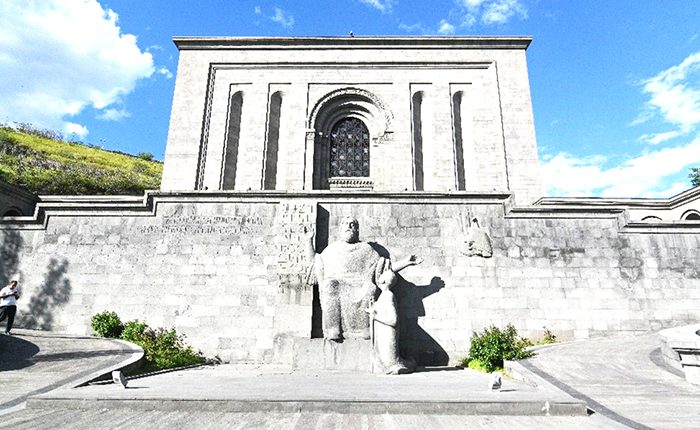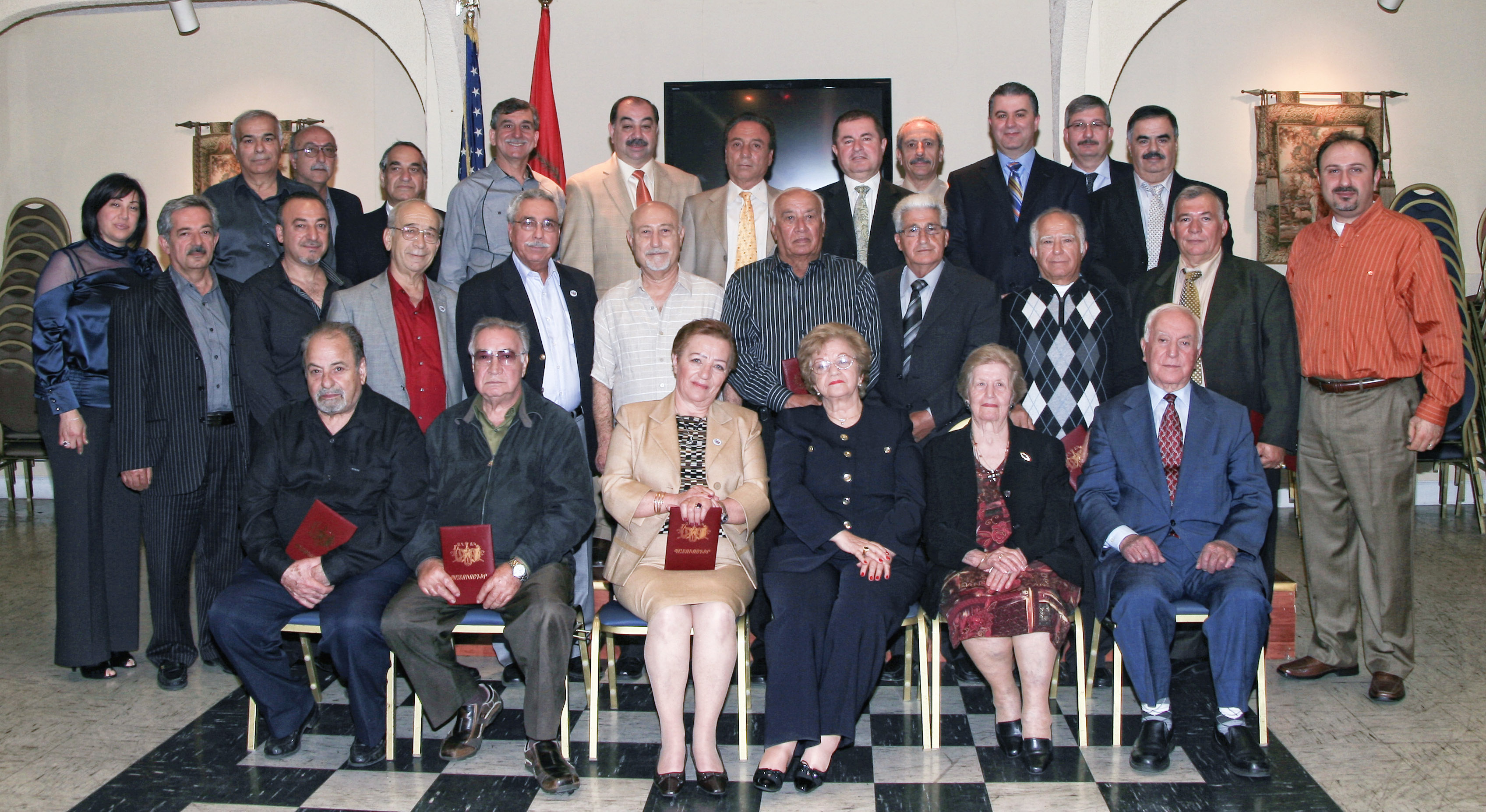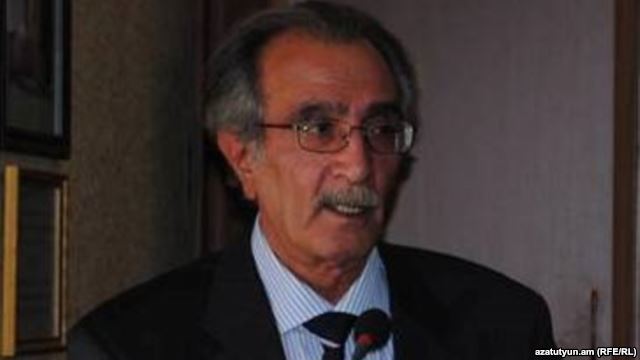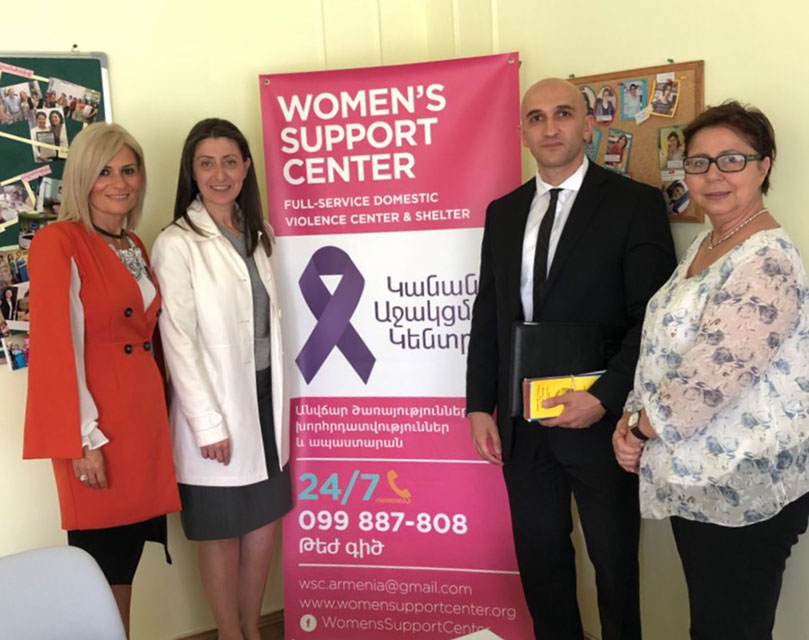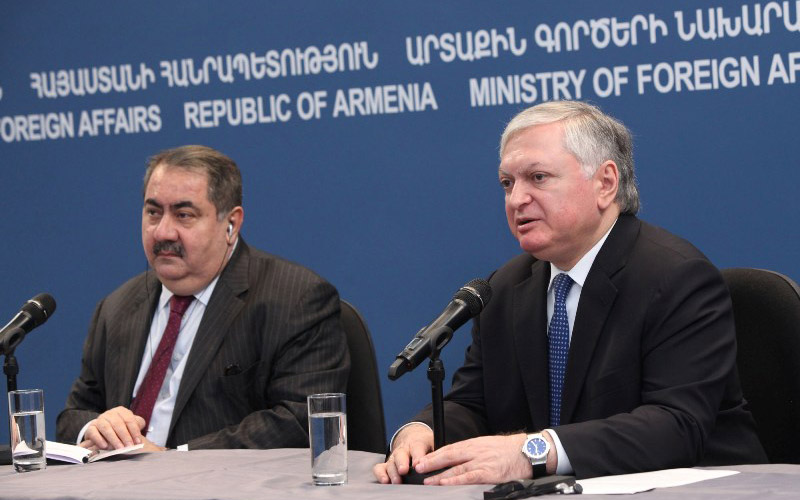BELMONT — The National Association for Armenian Studies and Research (NAASR) and the Matenadaran / Mesrop Mashtots Institute of Ancient Manuscripts in Yerevan, Armenia, will hold the first of a planned series of joint programs on Saturday, March 12, 2022, at 12:00 noon (Eastern Time), “An Introduction to the Matenadaran and Its Collections,” presented by Sona Baloyan, Senior International Relations Specialist at the Matenadaran.
The webinar will be accessible live on Zoom (registration required) and on NAASR’s YouTube Channel.
“NAASR collaborates successfully with a multitude of academic partners and Armenian community partners around the United States and, increasingly, abroad, and we are proud to work with a great institution like the Matenadaran which we hold, and which everyone should hold, in such high esteem,” commented NAASR’s Director of Academic Affairs, Marc A. Mamigonian.
In this webinar, the Matenadaran’s Sona Baloyan will provide an illustrated introduction to the institution, showcasing not only what may be seen by visitors but also providing a look behind the scenes at this remarkable center of scholarship and preservation.
The Mesrop Mashtots Institute of Ancient Manuscripts, or the Matenadaran, was established in order to preserve the manuscripts of the Echmiadzin Catholicosate. The Echmiadzin Matenadaran was transferred to Yerevan’s Public Library in 1939. The construction of a new building designed by architect Mark Grigoryan began in 1945 and finished in 1957. In 1959 the Matenadaran was reorganized into an institute of scientific research with special departments of scientific preservation, study, translation, and publication of manuscripts and in 1962, the institute was named after Mesrop Mashtots. A major addition, housing the scientific departments, opened in 2011.
The Matenadaran contains about 23,000 manuscripts, from almost all areas of ancient and medieval Armenian culture and sciences. The Matenadaran also holds manuscripts in Arabic, Persian, Greek, Ethiopian, Syrian, Latin, Tamil, and other languages. Many originals, lost in their mother languages and known only by their Armenian translations, have been saved from loss by medieval translations.
Additional joint events and initiatives are under discussion and will be announced as they develop.
For more information contact NAASR at [email protected].

